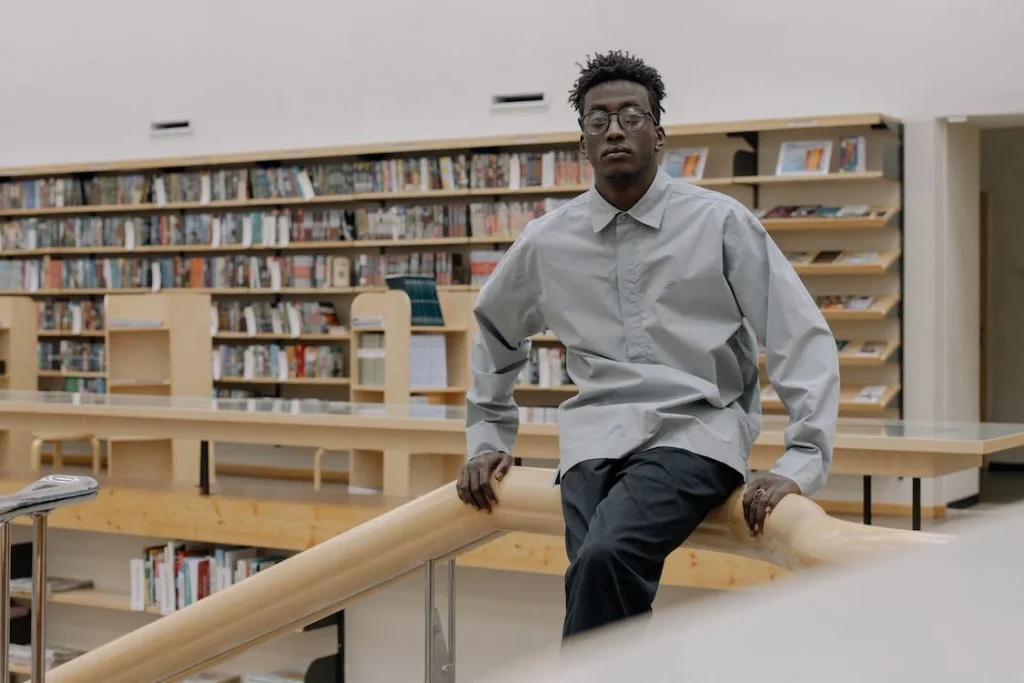To effectively fight personal plagiarism in Universities and Colleges and maximize the use of prevention tools, we must deeply understand the underlying reasons and practices of plagiarism. This comprehensive insight will guide educators on where to focus their collaborative efforts and how best to predict and facilitate positive change.
Main reasons for personal plagiarism
Various studies from different countries have pinpointed student behavior and writing habits, as well as the characteristics of the study process in higher education institutions, as primary contributors to plagiarism. Rather than being driven by a single motive, personal plagiarism typically arises from a multitude of factors, which may be closely tied to institutional authority.
While ranking the reasons for personal plagiarism in terms of their significance may not find universal agreement, it does help in identifying specific areas that need targeted anti-plagiarism interventions.

Primary reasons for students’ plagiarism
Studies from various countries have identified the following common reasons behind plagiarism in students’ written works at universities and colleges:
- A lack of academic and information literacy.
- Poor time management and a shortage of time.
- Lack of knowledge about plagiarism as academic wrongdoing
- Individual values and behavior.
These underlying factors highlight the challenges students face and highlight the importance of educational institutions taking proactive measures to educate and guide them about academic integrity and proper research practices.
Practices and trends in plagiarism
Analysis of the causes of plagiarism, as highlighted by researchers from various countries, shows specific ways to explain why some students are more likely to engage in plagiarism than others:
- Men plagiarize more often than women.
- Younger and less mature students plagiarize more often than their older and more mature mates.
- Students who struggle academically are more likely to plagiarize compared to high-achieving students.
- Students who are socially active and involved in multiple activities tend to plagiarize more.
- Questioning students, those seeking confirmation, as well as those who are aggressive or find it hard to adapt to social environments, are more apt to plagiarize.
- Students are more likely to plagiarize when they find the subject boring, or irrelevant, or if they think their instructor is not strict enough.
- Those who aren’t fearful of being caught and facing repercussions are also more likely to plagiarize.
So, educators should recognize that they are managing a generation deeply engaged with modern technologies and constantly shaped by changing ideas about copyright in society.

Conclusion
| In battling personal plagiarism within higher education, understanding its root causes and prevalent trends is important. From individual behaviors and values to institutional procedures, a spectrum of factors contributes to plagiarism. These range from academic illiteracy and time management struggles to personal values and societal shifts in copyright understanding. As educators navigate this challenge, identifying the technological and societal influences on today’s generation becomes essential. Proactive steps, informed interventions, and a renewed focus on supporting academic honesty are crucial steps forward in addressing and reducing plagiarism. |
